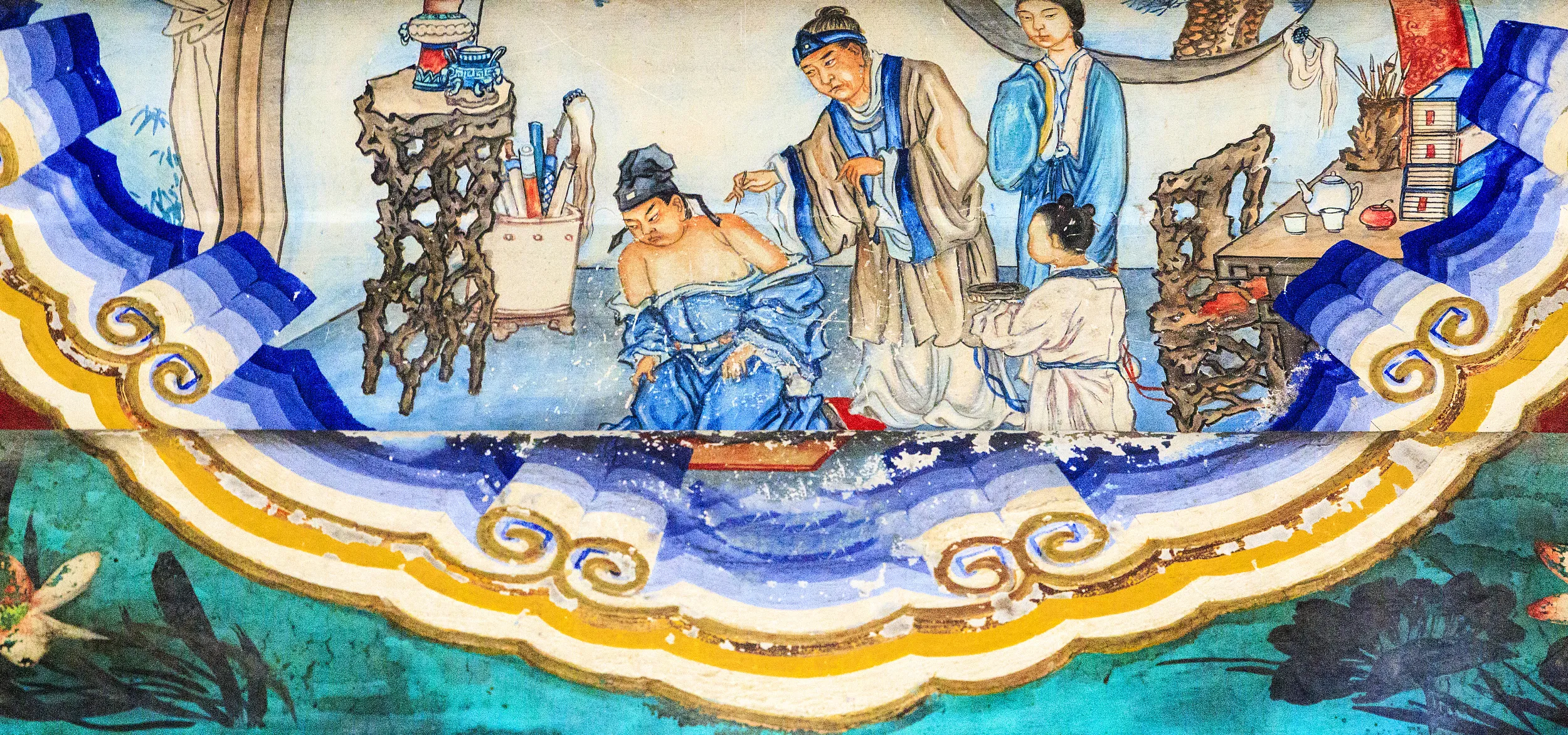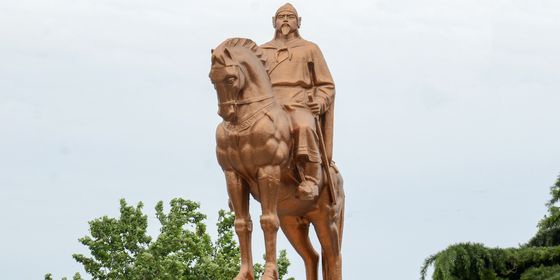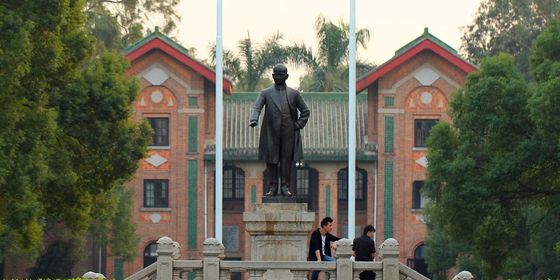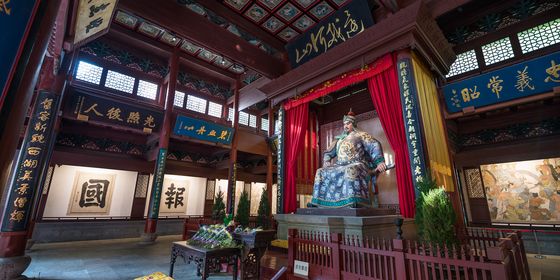Four historical mothers remembered for their wisdom, virtue, and famous sons
Today is Mother’s Day. Most people have prepared flowers, gifts or a handwritten card for their beloved mothers. In a Confucian society where filial piety plays a huge role in family dynamics, the ancient Chinese paid plenty of respect to mothers and widely acknowledged their influence in the families, especially on children. Being a virtuous mother one of few ways a woman in ancient China could leave her name in history.
Most of these women are well known because they had famous sons, and relevant historical records and folk tales go great length to demonstrate that it’s their virtuous and far-sighted mothers who were responsible for these men’s success. Here are the four most well-known great mothers of ancient times:
Mencius’s mother moves three times 孟母三迁
A virtuous mother values education, and the mother of fourth-century BCE philosopher Mencius was the prototype. According to The Biographies of Outstanding Women (《列女传》), written by Liu Xiang sometime in the first century BCE, Mencius was raised by his mother after his father’s early death. When Mencius was young, they lived near a graveyard, and his mother found the future philosopher amusing himself by imitating professional mourners at funerals. Mencius’s mother thought this was a bad influence for her son, so they moved, this time, near a market. Then, Mencius began to mimic peddlers’ cries, which was not acceptable for his mother either, given the base status of merchants in early Confucian society. Their third home was near a slaughterhouse, and this time, Mencius imitated the butchers killing livestock. His mother didn’t give up, and finally, they found a neighborhood near a Confucian academy, and predictably, Mencius began to learn the rites of ceremony and courtesy, and grew up to be a learned sage.
This story is summarized into a chengyu—孟母三迁 (Mencius’ mother moves three times) or 孟母择邻 (Mencius’s mother choose her neighbors), referring to parents putting great value on their children’s educational environment.
Tao Kan’s mother cuts her hair and returns the salted fish 截发延宾、封坛退鲊
Tao Kan was a famous military general in the third to fourth century CE. Like Mencius, Tao lost his father as a young child. He and his mother lived a humble life, but his mother taught him to treat friends generously and not to put too much value on money. According to A New Account of the Tales of the World (《世说新语》), a scholar named Fan Kui once passed through Tao’s hometown and asked for night’s lodging at their home. Fan was well-known in government and Tao wanted to make his acquaintance, but didn’t have enough food and room to treat all his servants and horses. At this time, Tao’s mother told Tao to take in the entourage, and cut off her long hair and sold it for money to buy food, tore down several wood pillars from their house to chop into firewood, and even cut up their grass mats to feed Fan’s horses. Fan was deeply moved by their hospitality and impressed by Tao’s talents. Later, Fan recommended him to the local government, and Tao became an official.
But the story of Tao mother didn’t end there. As a low-ranked official, Tao was assigned to take charge of the fisheries. Once, he sent a jar of salted fish to his mother, but to his surprise, his mother returned it with a letter saying: “You are an official. Sending me public property will do me no good, but just worry me.” Tao was ashamed, and was determined to be a more upstanding official in the future.
Ouyang Xiu’s mother teaches with a reed and sand 画荻教子
Ouyang Xiu was a famous statesman, historian, essayist, calligrapher, and poet in 11th century. It’s said that all of his achievements started from the great education he got from his mother.
According to The History of the Song, Ouyang’s father died when Ouyang was only 4, leaving his mother and him in poverty. Ouyang’s mother wanted to send Ouyang to school, but they couldn’t afford it, so she decided to teach Ouyang by herself. They were so poor that they even couldn’t afford buying paper, brush, or ink, so Ouyang’s mother collected some fine sand, spread it on the ground, and used a reed as pen to trace characters the sand. Just like this, Ouyang learned to write, and his mother taught him classic essays until he was old enough to get better education.
Yue Fei’s mother tattoos Yue’s back 岳母刺字
Yue Fei was a patriotic 12th-century military commander and a national hero who helped the Southern Song dynasty resisted Jin invaders. As a symbol of loyalty, there are many legends about him, with one of the most most well-known being how he got the famous tattoo on his back.
It is said that when Yue Fei was fighting against the Jin, the enemy tried to persuade him to surrender. Yue rejected it. However, Yue’s mother was worried that in the future, her son would forget his principles and give into temptation. So she asked Yue to worship their ancestors, and wrote four characters with a brush on Yue’s back as he was kneeling down—精忠报国 (Serve the country with the utmost loyalty). Then, she used an embroidery needle to trace the strokes and smeared the wound with vinegar ink. Yue didn’t fail his mother; he was loyal to his empire until he was betrayed and executed in 1142.
It should be noted that though this story is well known, there was no historical record of it. It’s often found in collections of fictional stories about Yue.












